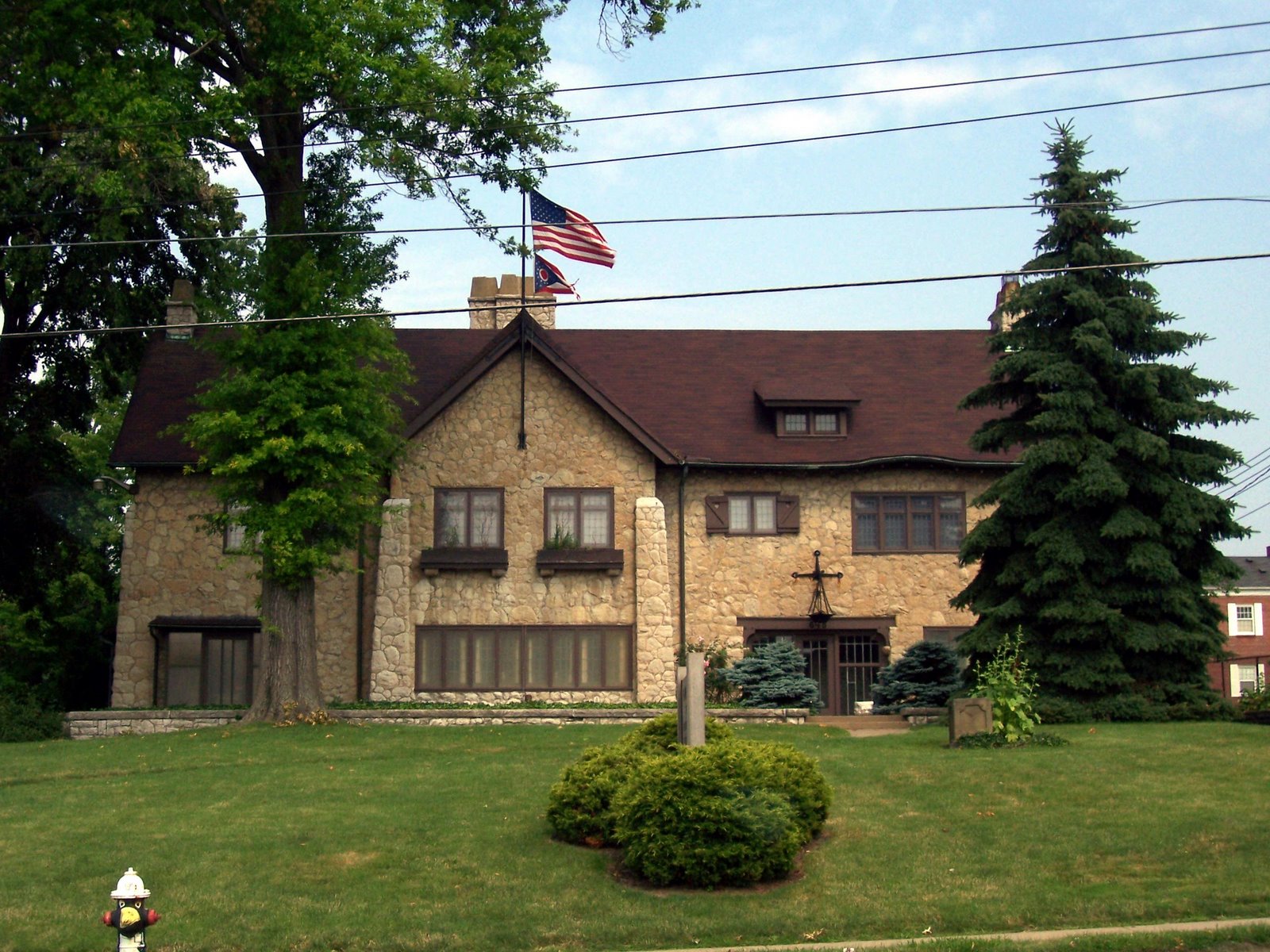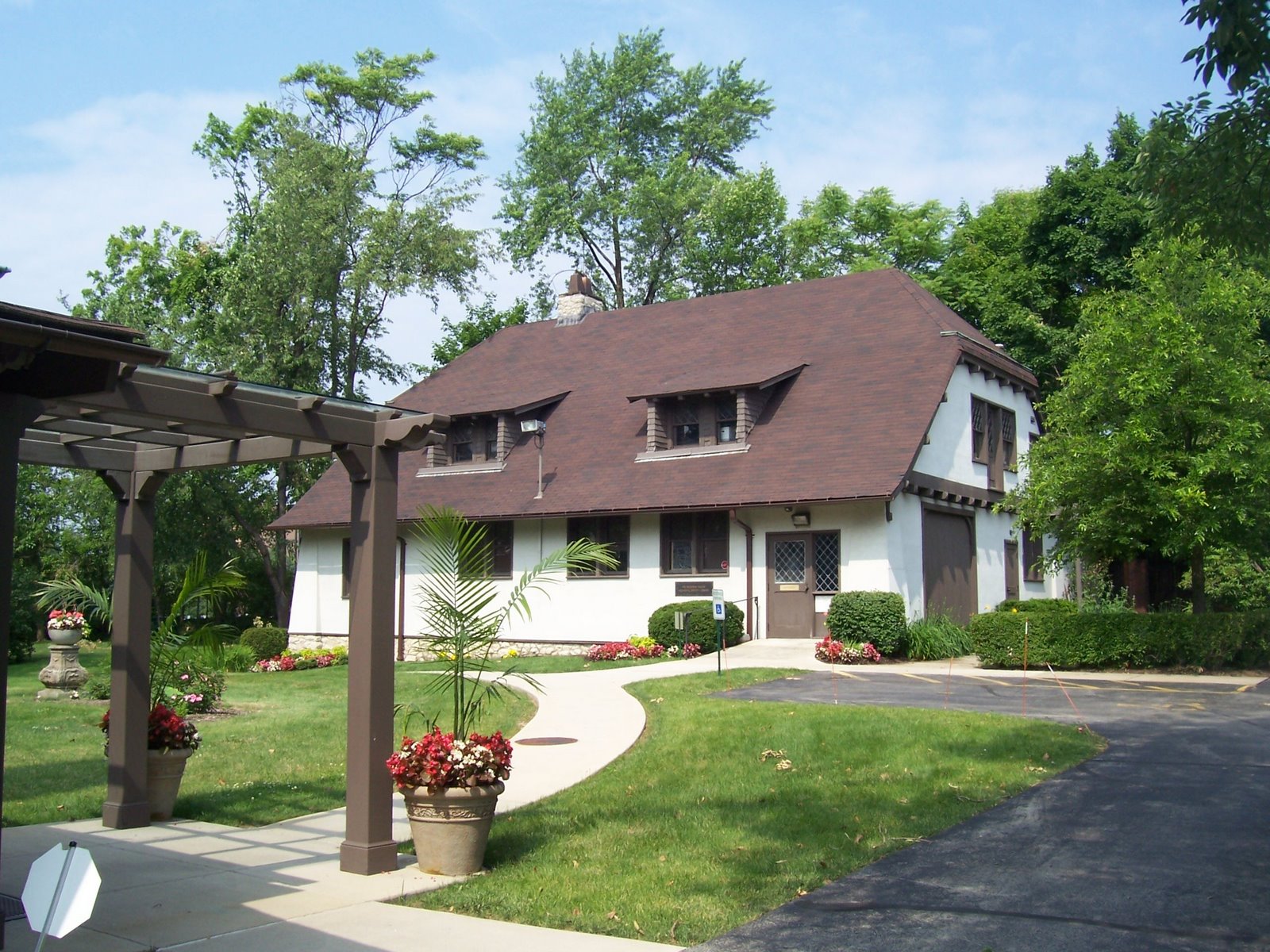Those of us who were living in the Mahoning Valley and aware of the issues at that time always will remember what a traumatic and pivotal day was Monday, September 19, 1977. Thirty years later, our historical perspective tells us that day marked the beginning of the end of the region’s iron and steel industry as it had been known in the community and throughout the world for several generations. But the impact and aftermath of Black Monday news meant so much more to Valley residents then and now.
The notification by The Youngstown Sheet & Tube Company of shutdowns and massive layoffs at their Campbell Works on that day was followed by similar announcements at Sheet & Tube’s Brier Hill Works, all of U.S. Steel Corporation’s District operations and the Republic Steel Corporation in Youngstown between 1979 and 1981. In all, more than 10,000 good paying jobs were lost in the local steel industry. Thousands more jobs were lost in supporting and related businesses such as construction, trucking, railroading, foundries and steel fabrication. Large portions of the real estate and income tax base for local governments in McDonald, Youngstown, Campbell and Struthers evaporated in a matter of months.
The notification by The Youngstown Sheet & Tube Company of shutdowns and massive layoffs at their Campbell Works on that day was followed by similar announcements at Sheet & Tube’s Brier Hill Works, all of U.S. Steel Corporation’s District operations and the Republic Steel Corporation in Youngstown between 1979 and 1981. In all, more than 10,000 good paying jobs were lost in the local steel industry. Thousands more jobs were lost in supporting and related businesses such as construction, trucking, railroading, foundries and steel fabrication. Large portions of the real estate and income tax base for local governments in McDonald, Youngstown, Campbell and Struthers evaporated in a matter of months.

Campbell Works in 1979 photo by Daryl Plant
Many local residents who remembered the announcement of the attack on military installations at Pearl Harbor on December 7, 1941, declared that Black Monday was an equally catastrophic event. More recently the attacks in New York City and Washington DC on September 11, 2001, joined Black Monday and Pearl Harbor as days of shock and distress in the minds of Mahoning Valley residents. Many of us remember exactly where we were when we first heard the news on Black Monday. I had just completed the first day of the third week of my freshman year as a student at Boardman High School when I returned home to learn about the Youngstown Sheet and Tube Company’s decision through special reports from the local television news. At the time no one in my family was working in the steel industry, but I still understood and felt the gravity of the announcement.
Over the course of my high school career, many boys and girls I had known from grade school left—some in the middle of school years, most during the summers—as their parents accepted transfers from Youngstown Sheet & Tube, U.S. Steel or Republic Steel to work in other plants around the country, or lost their jobs and went out in search of employment elsewhere. Not long after my high school graduation in June 1981, Republic Steel phased out all remaining basic steel operations at their Haselton plant, and the last blast furnace in Youngstown proper went cold.
The community’s response to this economic crisis was equally significant to the announced shutdowns. Within weeks of Black Monday, a group of religious, civic and political leaders, led by the Most Reverend James Malone of the Catholic Diocese of Youngstown and the Most Reverend John Burt of the Episcopal Diocese of Ohio, launched the Ecumenical Coalition of the Mahoning Valley with the charge of acquiring, modernizing and reopening the Campbell Works under community-worker ownership. The Coalition’s proposal sparked an intense national public policy debate and influenced government officials, organized labor and American business leaders in managing and negotiating the phasing out of other large manufacturing facilities in the years that followed. The Ecumenical Coalition’s proposal for worker-community ownership failed in large part because the Federal Government refused to provide very large loan guarantees in order to buy and modernize the steel mills and furnaces.
Thirty years later many individuals—along with local governments, school districts and social service agencies—still confront the economic and emotional aftermath of the collapse of the local steel industry. New generations were born and came of age with no concept of what steel meant to this community. Yet all who live, work and go to school in the Valley today are affected by the wake of the transformation that occurred, however unwelcome or unknown are their memories of Black Monday.
Over the course of my high school career, many boys and girls I had known from grade school left—some in the middle of school years, most during the summers—as their parents accepted transfers from Youngstown Sheet & Tube, U.S. Steel or Republic Steel to work in other plants around the country, or lost their jobs and went out in search of employment elsewhere. Not long after my high school graduation in June 1981, Republic Steel phased out all remaining basic steel operations at their Haselton plant, and the last blast furnace in Youngstown proper went cold.
The community’s response to this economic crisis was equally significant to the announced shutdowns. Within weeks of Black Monday, a group of religious, civic and political leaders, led by the Most Reverend James Malone of the Catholic Diocese of Youngstown and the Most Reverend John Burt of the Episcopal Diocese of Ohio, launched the Ecumenical Coalition of the Mahoning Valley with the charge of acquiring, modernizing and reopening the Campbell Works under community-worker ownership. The Coalition’s proposal sparked an intense national public policy debate and influenced government officials, organized labor and American business leaders in managing and negotiating the phasing out of other large manufacturing facilities in the years that followed. The Ecumenical Coalition’s proposal for worker-community ownership failed in large part because the Federal Government refused to provide very large loan guarantees in order to buy and modernize the steel mills and furnaces.
Thirty years later many individuals—along with local governments, school districts and social service agencies—still confront the economic and emotional aftermath of the collapse of the local steel industry. New generations were born and came of age with no concept of what steel meant to this community. Yet all who live, work and go to school in the Valley today are affected by the wake of the transformation that occurred, however unwelcome or unknown are their memories of Black Monday.
On Wednesday, September 19, at 7:00 P.M. in the Youngstown Historical Center (Steel Museum) on Wood Street in downtown, the community will gather for a program to mark 30 years and to take account of where we are now. The local news media will also provide news stories and programs in print, radio and television formats. As the Mahoning Valley community continues to create its present and future in the 21st century, it is very important, if painful as well, to remember Black Monday and all that resulted from it.
H. William Lawson
Executive Director
The Mahoning Valley Historical Society






10 comments:
I have a question:
If Black Monday were to happen in September 2007, not 1997, do you believe that the Coalition could have purchased the mill?
Have the limitations changed?
Thanks for your inquiry. Wow! Your question touches on many layers and speaks to several theoretical outcomes had the timing of the local steel mill shutdowns been different.
The shutdowns in Youngstown from 1977 to 1980 were the "canary in the coal mine" for the industry-wide retrenchments that hit communities all over the country in the 1980's and then again in the late 1990's. Therefore, had the crisis hit the Mahoning Valley in 2007,local leaders and steelworkers would have the plight and experiences of their counterparts in other communities to draw upon in formulating their response to a shutdown notice.
Could a worker-community ownership plan worked in the Mahoning Valley in the present? Possibly. Could it work if the steel making facilities were in the same condition now as they were in 1977? Absolutely not.
One constant in looking at your question in terms of 1977 and today is that in either time, if a worker-community or ESOP plan were to be enacted, the scale of the production facilities, the breadth of the product line and the number of available jobs in the new operations would have been much smaller than 30 years ago due to production trends and technological advancements in the steel industry.
I hope the above answers your question at least in part.
Good point - modern steel production uses a lot fewer people, so a worker-owned operation might have been hesitant to keep moving up the efficiency curve, knowing it would cost jobs and wages. The companies had underinvested in those mills for years, so you'd have had to deal with a crisis-level of change quickly - new equipment, techniques - I am not sure the work force, with a lot of seniority, union-fostered distrust of management, etc., could have managed it.
Also, remember how controversial the Chrysler bail-out was - I think we've become even more averse to that today. People might argue about the Bear Stearns bailout, but we also let Enron collapse, and if you owned Bear Stearns stock, you took a huge loss.
More indicative of the problems is that significant industry
If President Carter who have declared all the mill properties as a national park, all the workers who lost thier jobs would have received full wages until they reached retirement age.
Federal law.
- the plants had been intentionally run down in order to increase the mass of profitability available to Lykes and its banking partner in Pittsburgh.
- the additional profit ultimately flowed into production of a new, state of art, producing facility in Japan.
- today the world [ex-china] steel industry is largely controlled/owned by Arcelor Mittal.
"ArcelorMittal S.A. is a global steel company headquartered in Avenue de la Liberté, Luxembourg, Luxembourg. It is the largest steel producing company in the world[2] and is the market leader in steel for use in automotive, construction, household appliances and packaging. It holds sizeable captive supplies of raw materials and operates extensive distribution networks. The company was formed in 2006 by the merger of Arcelor and Mittal Steel. It ranks 99th on the 2010 Fortune Global 500 list."
Youngstown workers should have taken physical control of the plants, yet even that may have failed given the severity of the 1979-84 double slump.
Hi
this is really very helpful article. I go through this site really very nice information.thank for sharing such a nice information
Nice post! Thanks for the post, I will look forward to see more posts from your blog. 904L Baffle
Hi,from North Canton,Ohio.I guess am shock that Hoover was still producing Vaccum cleaners up to 2007.I wounder if any steel workers who lost their jobs on Black Monday came to work at Hoover.If they were lucky to do so,and young enough, they could have retired after 30 years service.
Hi thanks for sharinng this
I will always remember September 19th, 1977 as a significant turning point.
Post a Comment